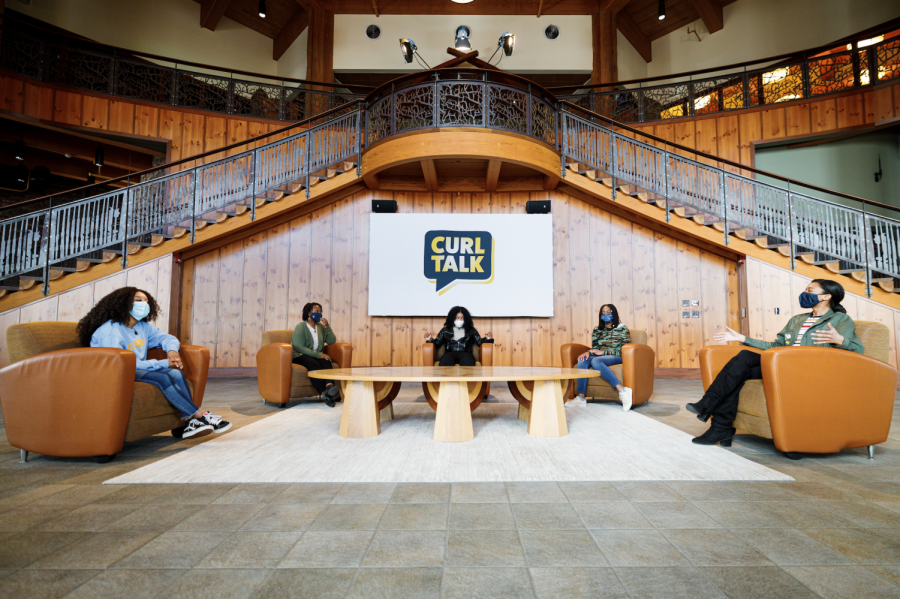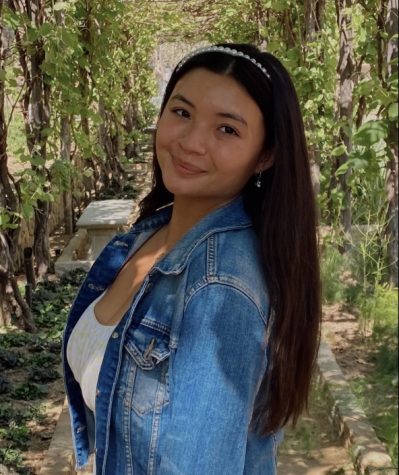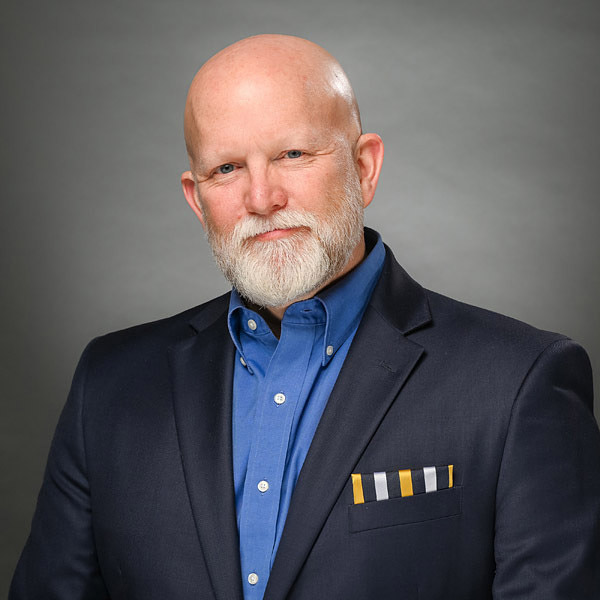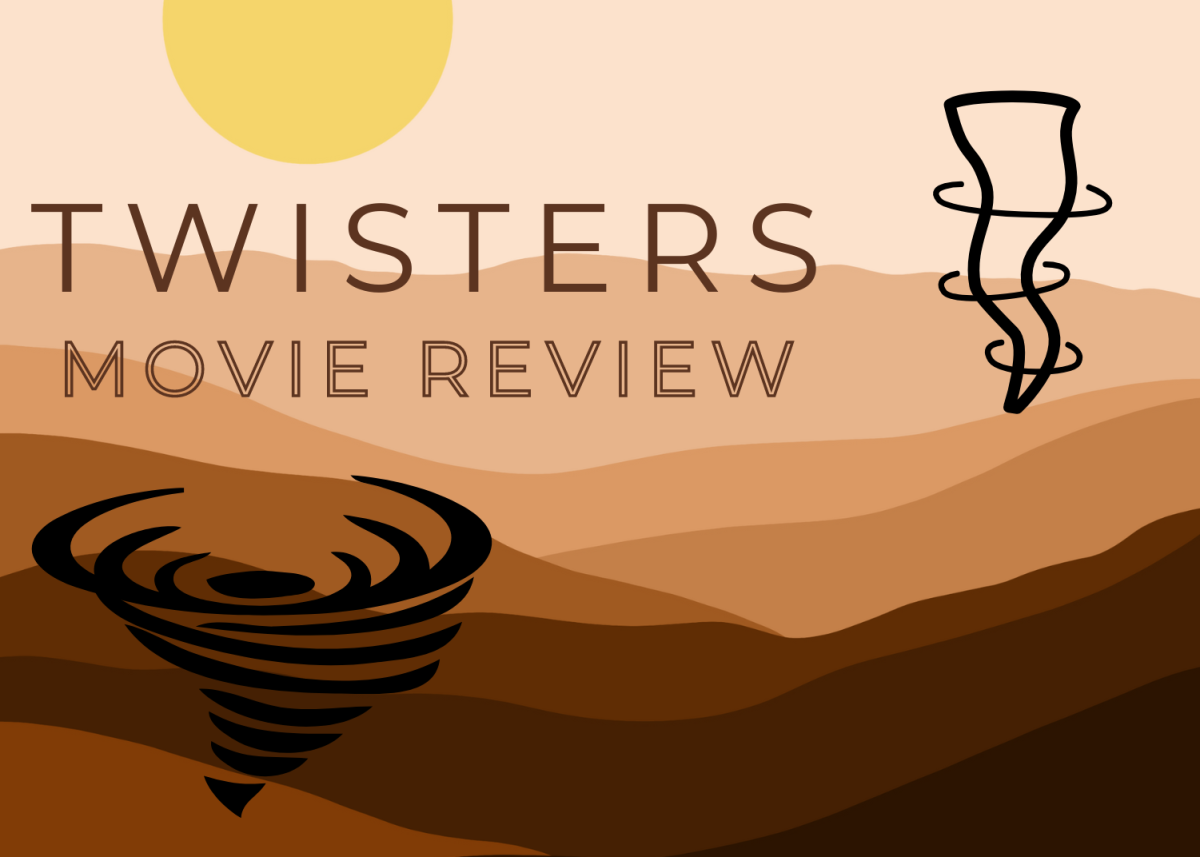It’s time for the girls to talk
July 7, 2021
Women of color will have the opportunity to speak their minds on important topics and make their voices heard in the new series called “Curl Talk.” Each episode will feature female students sharing their experiences with their peers and viewers.
“Curl Talk” started filming this past January and will be released in fall 2021. The series is a spin off of “The Cut,” which provided the opportunity for men of color to have conversations about topics one might hear in a barbershop. Both series are produced by Donald Sawyer, the vice president of equity and inclusion and Daymyen Layne, the director for multicultural education and training.
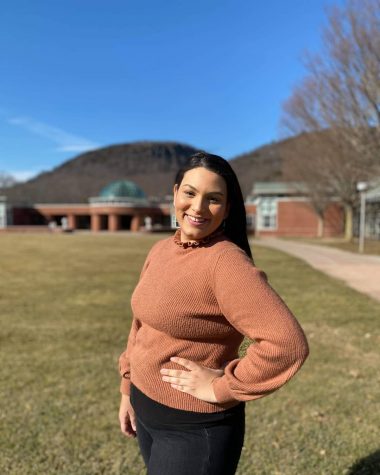
Student leaders involved in “Curl Talk” say this is a diverse and new representation for women of color on campus. Ambar Pagan is one of the students who helped launch the series and is a rising senior and political science major. Pagan considers “Curl Talk” to be something different for women of color on campus because the show is a consistent support system.
“It’s not one small thing, it’s universal, universal to Quinnipiac and the bobcat culture, but also beyond that, for future generations of bobcats and women of color, to feel like they are a part of this,” Pagan said.
Pagan said she loved watching “The Cut” and reached out to Greene saying there needed to be a version for women.
“Esau Greene just gave me the freedom to do my own thing, and I did,” Pagan said. This is where Pagan’s journey sparked for women of color at Quinnipiac.”
The idea to have a similar series with women came to Pagan last summer before “The Cut” began releasing episodes.
“I didn’t know where it would go, or what was going to happen, but the school has been amazing in support,” Pagan said.
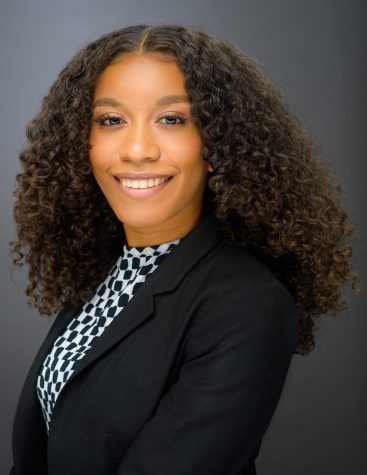
Olivia Barrios-Johnson, a rising junior in the 3+1 journalism program says that “Curl Talk” helped her grow as an individual and learn more about her peers.“I’m only a first-year student but I feel like after being at Quinnipiac for the year I’ve learned so much about my own growth and who I want to be, having a show like ‘Curl Talk,’ coming together with different backgrounds, cultures, ages, etc,” Barrios-Johnson said.
Barrios-Johnson mentions, college is a time where people transition into adults and develop their thoughts which is why “Curl Talk” will help students and viewers learn something new.
“I think it’s a perfect time to talk about these things as we’re growing and college is a time where people learn about different things,” Barrios-Johnson said.
Sawyer discusses the thinking process and interest that sparked “The Cut” and later on “Curl Talk,” was to allow students to have real life conversations, and dig deeper into how they feel about topics in the show.
“I worked on a show prior to this called Barbershop debates and we would record debates and discussions within barbershops within the community,” Sawyer said.
“The Cut” was founded with the collaboration of Sawyer and Layne, thinking it would be interesting for these hard discussions to be filmed in a college environment for men of color on campus.
Sawyer mentions that to make students and staff feel included, partnership is key and commitment from everyone involved in the institution is needed. “The Cut” allowed male students to feel heard and have their voice, for other students and people outside Quinnipiac to listen to.
“I wanted to do something different. It’s easy to do a program where people can come, or do a movie screening and have a discussion, and those are great. But, with so many people who are invested in social media, I thought, why not try something different,” Sawyer said.
When asked what made Sawyer decide to make a female version, he said that people started giving positive feedback on the series “The Cut” and people began asking if there was going to be a female version, because women of color deserve this chance as well. In the aspect of equity and inclusion, Sawyer’s response was yes, and started gathering a team of students immediately.
“Of course there are some fun topics, but there are also those serious topics. Sometimes tears are shed, and we talk about things like mental health, beauty standards, relationships, and why people chose Quinnipiac,” Sawyer said.
Recent graduate Esau Greene helped host difficult conversations on the series “The Cut” as a producer but now feels women on campus need a platform to show their need to be in charge of their voice.
“We wanted to make sure we weren’t doing a disservice to trying to create a space and we were only doing it from our privilege point of view of being a man…I think this can be huge, I can imagine but I wouldn’t fully understand it because I don’t come from the same walk of life as a woman,”
Greene mentions that “The Cut” raised topics such as toxic masculinity, love, politics, what it takes to be a man, and much more. “We try to be vulnerable and break down these narratives, as well as create and take up space in an institution where it is not very common,” Greene said.
Greene adds that being a part of “The Cut” was a space for men of color on campus to speak for themselves. “It helped me learn to unpack a lot of things, as a man, which is not common and I always try to push myself to be more outgoing and vulnerable. We like to say ‘you have to get comfortable with being uncomfortable and that was a huge selling point on the show,” Greene said.
“Shows or content like this allows people to engage with people from different backgrounds, different walks of life, different perspectives, different identities and it helps enrich them overall,” Greene said.
Pagan says storytellings and music are easily taken for granted in this day and age, so by posting the series on YouTube, it will help reach more students and people outside of the Quinnipiac community.
Barrios-Johnson says, the highlight of participating in “Curl Talk” is seeing all the hard work pay off.
“I’ve been able to see how it’s looking, and it’s just so amazing to see how this one idea could grow into something so huge and impactful, I think that is the most important thing,” Barrios-Johnson said.
Pagan, Sawyer, Olivia Greene, feel that “Curl Talk” should remain a permanent series. They agree that incoming students and current students at Quinnipiac will still face obstacles as women of color, hence, this unreleased series should only progress.
Sawyer hopes that viewers gain not only an important message from the series but also receive a sense of relief.
“Other people who view these discussions who have similar experiences probably get that ‘ah ha’ feeling, I’m not alone, I feel similar, and these are the things that have worked for these students and these faculty or staff members, maybe that’s something I can try,” Sawyer said.
“The important message is to help underrepresented students and faculty members feel welcomed, by making everyone feel included which is promoting inclusive excellence and spreading cultural awareness,” Pagan said. Pagan aspires to empower those watching “Curl Talk,” because she feels it is important to feel recognized for any obstacle and/or perks that women of color experience.
Barrios-Johnson desires for students and people watching outside the Quinnipiac community to learn how to be open-minded, be able to absorb information and learn what to do with this new knowledge.
“I hope that the overall message is to never be afraid to hear about different perspectives, and to open yourself up to other people who you may not have spoken to before,” Barrios-Johnson said.
“Curl Talk” is about being a safe space in a college community. Pagan mentions that in a large environment, it’s easy to especially on campus, and in times such as now when students and staff members need to take the initiative to try and support one another the most.
“Every single piece of the puzzle means something, the people recording, the people listening in, I think it’s amazing and we need to have more of this because it doesn’t end here, it starts here, it has only just begun,” Pagan said.


